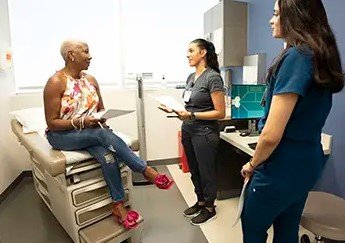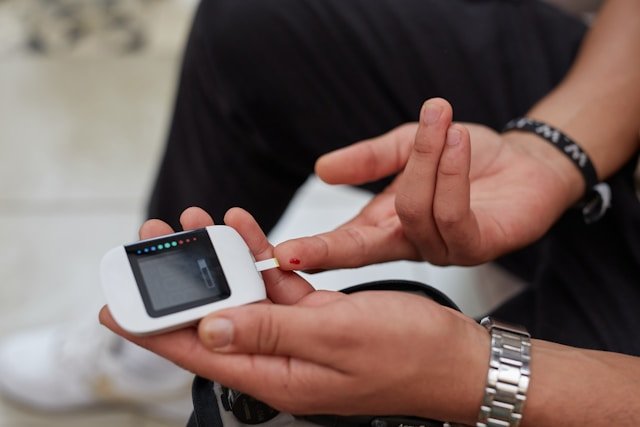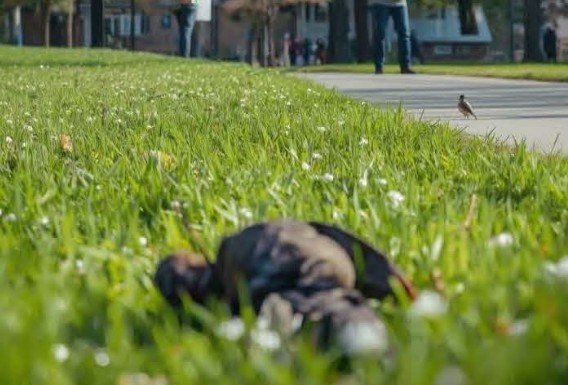Patients Enroll in Texas Multi-Cancer Early Detection Program

Patients are now enrolling in the Texas Multi-Cancer Early Detection (MCED) Program, a collaboration between Baylor Scott & White Research Institute and Exact Sciences Corp. The initiative is part of the Falcon Registry study: Exact Sciences MCED Real-World Evidence Registry.
The program aims to detect cancers in Texans earlier, potentially improving treatment effectiveness. Approximately 50,000 MCED tests will be administered to patients across North Texas, representing a diverse range of racial, social, and geographic backgrounds, including both urban and rural areas. The Exact Sciences MCED test will be used alongside standard screening methods to enable earlier-stage cancer detection, which can be associated with higher survival rates and better patient outcomes.
“This is a whole new era in which we can detect cancers even before a scan, giving us a chance to intercept cancer earlier than ever before,” said Ronan Kelly, MD, MBA, FASCO, director of oncology at Baylor Scott & White Charles A. Sammons Cancer Center at Baylor University Medical Center in Dallas, and chief of oncology for the North Texas Division of Baylor Scott & White Health. Dr. Kelly leads the Texas MCED program and is the principal investigator of the Falcon Registry Real-World Evidence study.
“The U.S. government’s Cancer Moonshot initiative calls for a decrease in cancer mortality by 50% over the next 25 years, and major cancer centers and health systems like ours are ready to take on this challenge,” added Dr. Kelly. “As the largest not-for-profit integrated healthcare delivery network in Texas, Baylor Scott & White is poised and ready to help with this national effort.”







